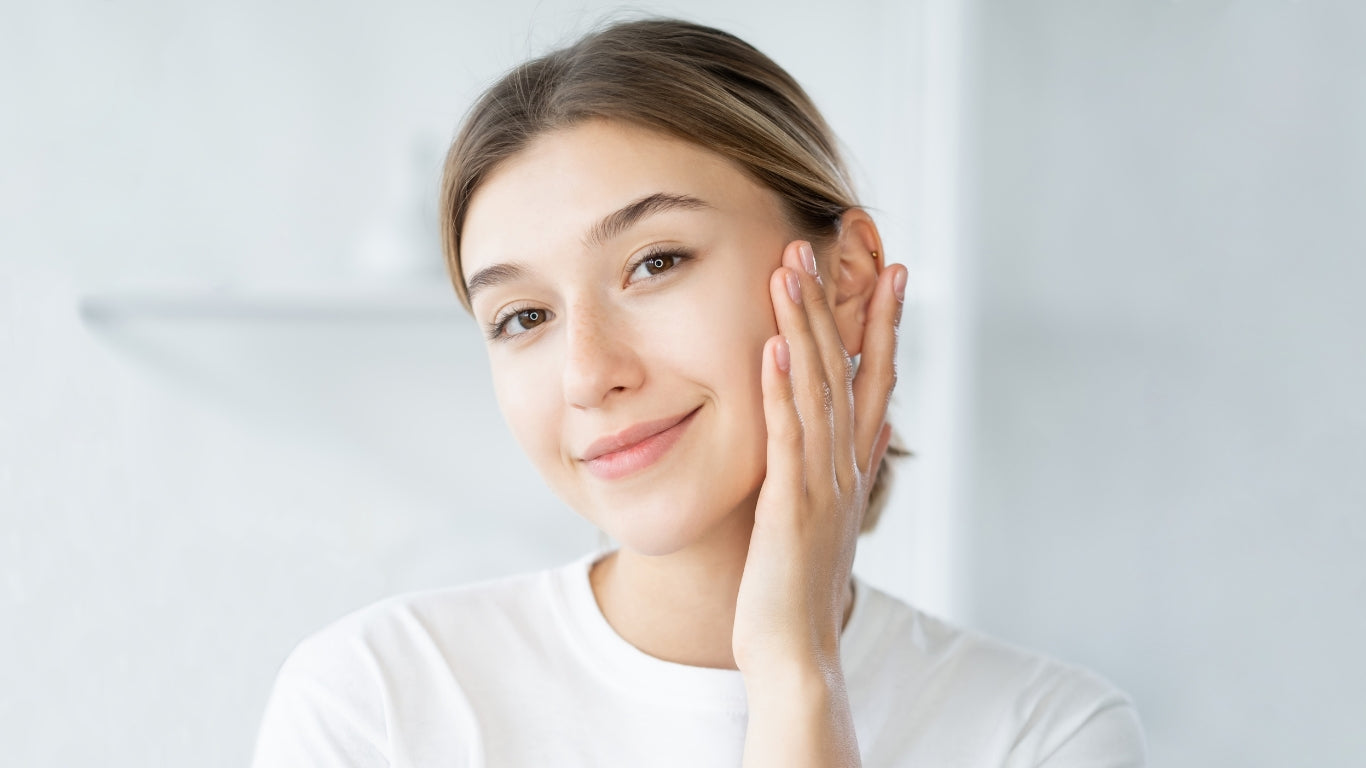Acne, a common skin condition affecting millions worldwide, is often attributed to the overgrowth of a specific bacteria known as Propionibacterium acnes, or P. acnes.
While acne is a multifaceted issue influenced by factors like hormonal imbalance, diet, and genetics, targeting the bacteria responsible for exacerbating the condition is a crucial aspect of treatment.
In this article, we will delve into the methods and substances that effectively combat acne bacteria.
Benzoyl Peroxide
One of the most widely recognized and frequently recommended treatments for acne is benzoyl peroxide. This powerful compound functions by releasing oxygen into the hair follicles, creating an inhospitable environment for P. acnes. It effectively reduces the population of these bacteria and helps prevent new breakouts.
Salicylic Acid
Salicylic acid is a beta hydroxy acid (BHA) renowned for its exfoliating properties. It works by dissolving excess oil and dead skin cells, preventing clogged pores, a breeding ground for acne bacteria. Additionally, salicylic acid possesses anti-inflammatory properties, aiding in the overall reduction of acne.
Topical Retinoids
Retinoids are derived from vitamin A and are available in both prescription and over-the-counter forms. They work by unclogging pores, promoting cell turnover, and reducing inflammation. These properties collectively target P. acnes, making retinoids an effective weapon against acne-causing bacteria.
Antibiotics
Oral and topical antibiotics are commonly prescribed for moderate to severe cases of acne. They work by inhibiting the growth of P. acnes and reducing inflammation associated with acne lesions. However, it's important to use antibiotics judiciously and under the guidance of a healthcare professional to prevent antibiotic resistance.
Tea Tree Oil
Tea tree oil, derived from the leaves of the tea tree (Melaleuca alternifolia), is a natural remedy with potent antibacterial properties. Studies have shown that it can be as effective as benzoyl peroxide in reducing acne lesions. When applied topically, it can help kill P. acnes and alleviate symptoms.
Honey
Raw honey is another natural substance with powerful antibacterial properties. It contains enzymes that produce hydrogen peroxide, effectively killing bacteria. Additionally, honey has anti-inflammatory properties that can soothe irritated skin and promote healing.
Probiotics
Maintaining a healthy balance of gut bacteria through probiotics may indirectly influence acne bacteria. Research suggests that a balanced gut microbiome can help regulate hormones and reduce inflammation, potentially leading to fewer acne breakouts.
Good Hygiene Practices
Simple yet crucial, maintaining good hygiene practices can go a long way in preventing the proliferation of acne bacteria. This includes regularly washing your face with a gentle cleanser, avoiding excessive touching of the face, and regularly changing pillowcases and face towels.
Effectively combating acne bacteria is a multifaceted approach that involves both topical treatments and lifestyle adjustments. By employing a combination of the substances and practices mentioned above, individuals can significantly reduce the population of P. acnes and alleviate the symptoms of acne.
However, it's important to consult with a dermatologist or healthcare professional before starting any new treatment regimen, especially for those with severe or persistent acne.
Remember, achieving clear skin is a journey that requires patience and consistency. With the right approach, you can conquer acne and enjoy the confidence that comes with healthy, radiant skin.




